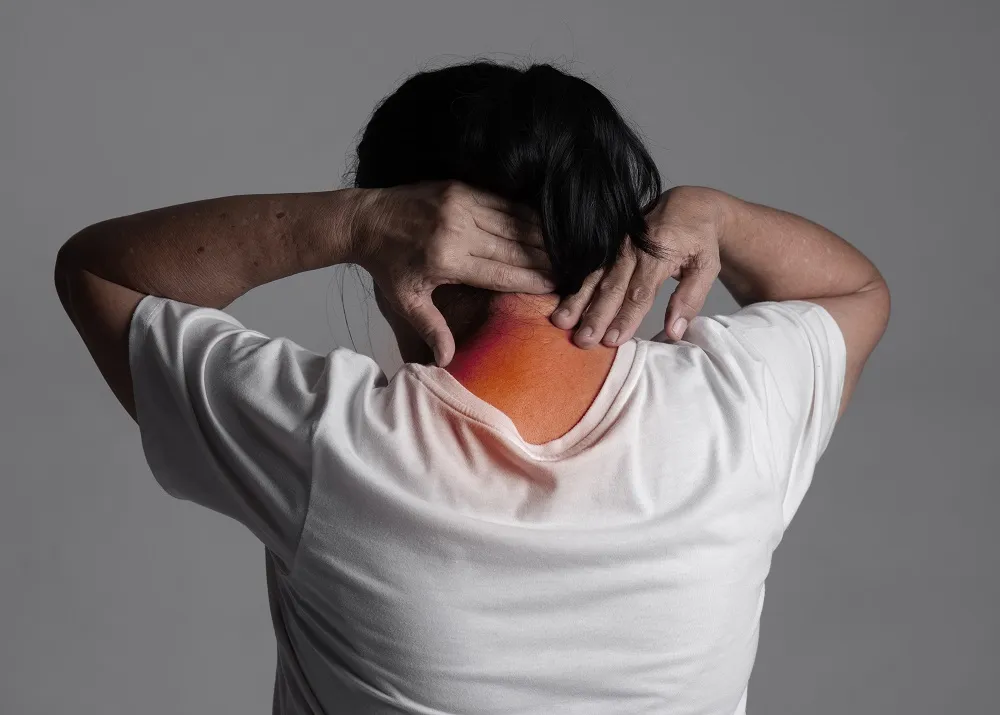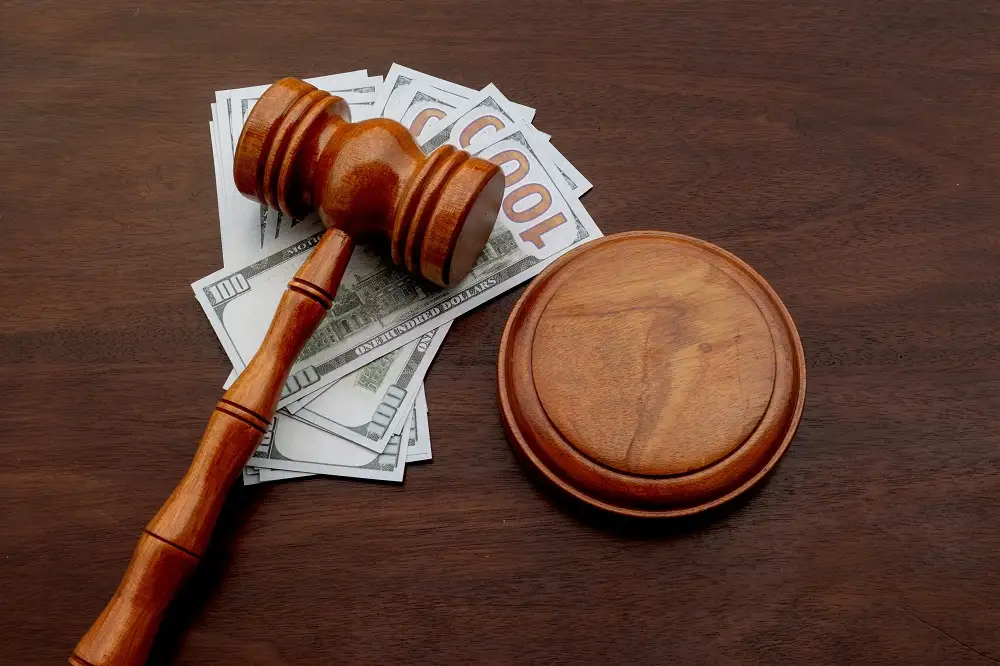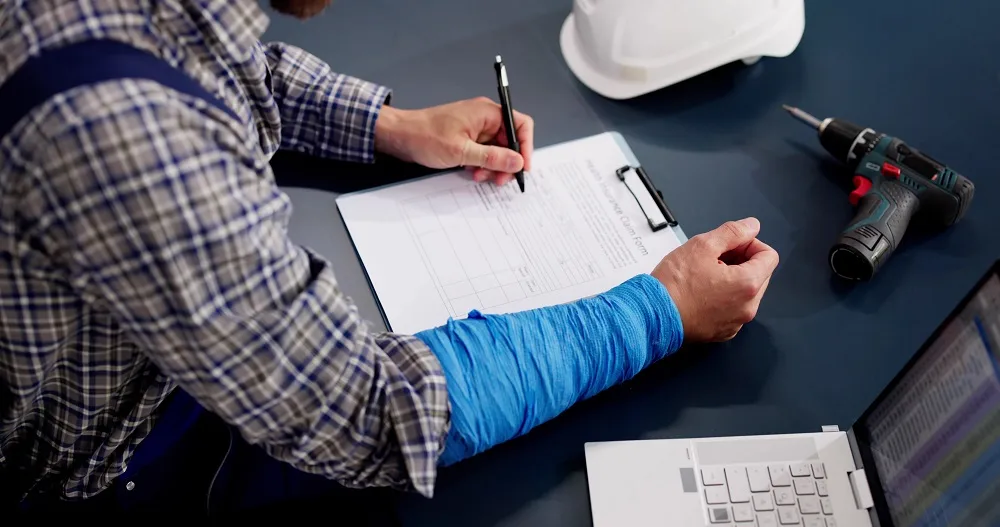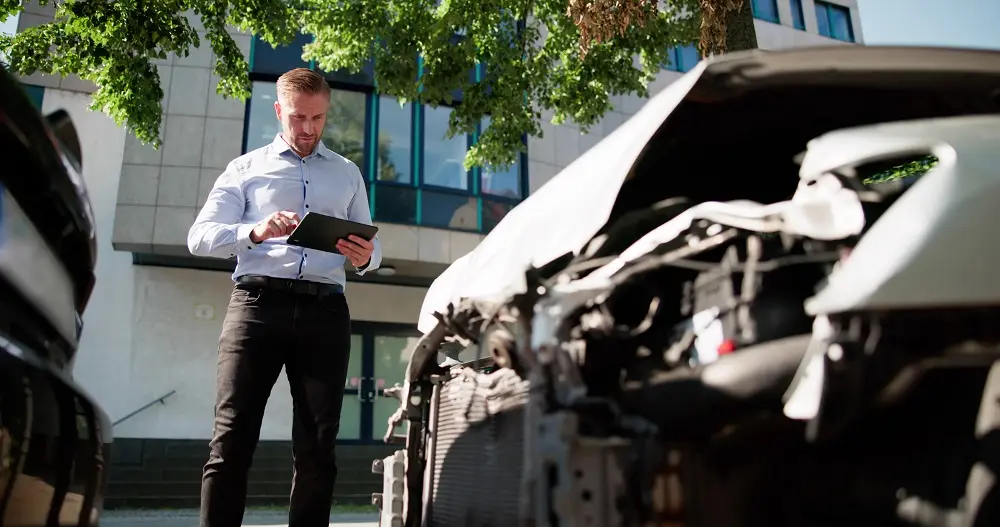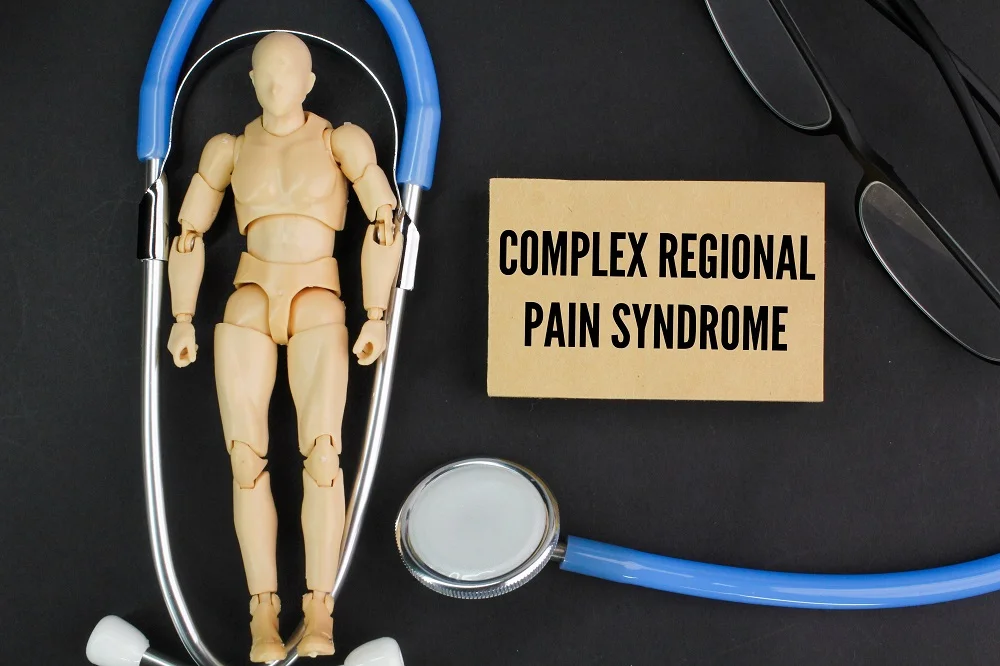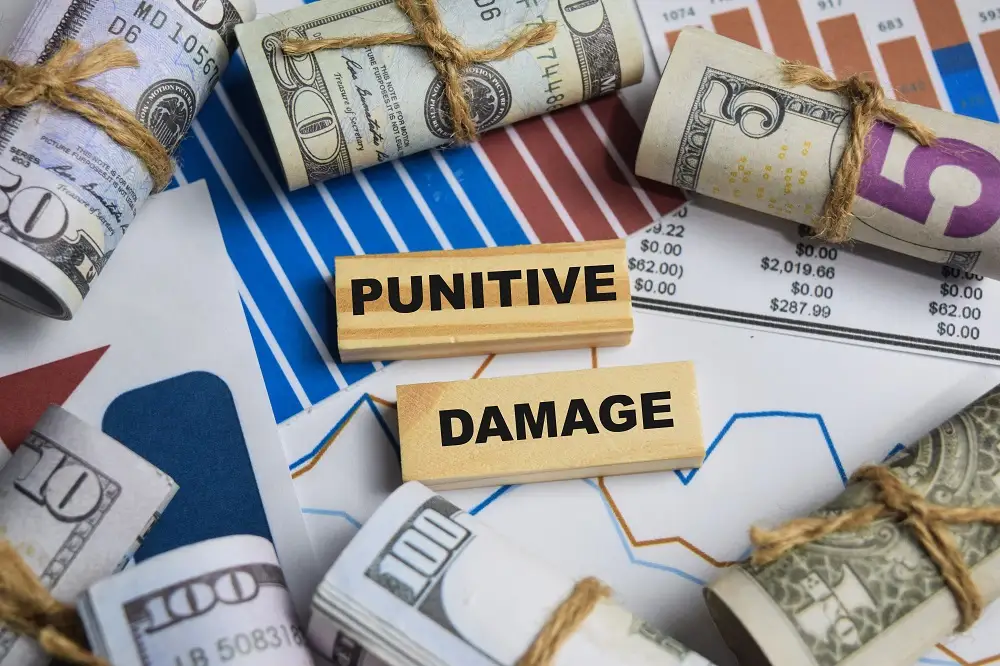Punitive damages are available to personal injury plaintiffs in Massachusetts, and they are separate from compensatory damages. Compensatory damages are intended to cover real losses, while punitive damages provide supplementary compensation for a distinct purpose.
Punitive damages are meant to penalize and discourage defendants who engage in severe misconduct. These damages are granted when a plaintiff can demonstrate that the defendant acted with malice, fraud, willful misconduct, wantonness, oppression, or conscious indifference to consequences. There are several types of legal actions that might call for punitive damages. However, in Massachusetts, these damages are usually not given except in cases involving the wrongful death of a victim.
Call the Law Office of John J. Sheehan at (617) 925-6407 for a free case review with our Massachusetts personal injury attorneys.
Can You Sue for Punitive Damages in Massachusetts?
It is uncommon for punitive damages to be available in personal injury cases in Massachusetts. Even severe injuries will often not result in the plaintiff receiving punitive damages. However, there are exceptions for medical malpractice and wrongful death claims. Our Massachusetts personal injury lawyers can help you determine what compensation is appropriate for your case and whether punitive damages might be awarded. In order for punitive damages to be granted, a defendant’s actions must be extremely reckless or malicious. While technically possible, it is unlikely that punitive damages will be awarded.
Punitive damages cannot be easily calculated, like economic compensatory damages. They are given to set an example for defendants and discourage similar behavior from others. These damages are most often awarded in cases where a large industry, such as the automotive, environmental, or pharmaceutical industry, is accused of negligence. The goal is to ensure that these companies adjust their behavior to prevent future injuries.
Settlement agreements only allow for punitive damages if there is a statute permitting it. It is important to note that if your case does not have the possibility of punitive damages awards, your settlement cannot include this type of compensation. However, there are exceptions to this rule, such as wrongful death claims, where punitive damages might be available in a settlement offer.
Additionally, it is important to remember that punitive damages are considered taxable income, while court settlements are not. This means that if you are awarded punitive damages, you will be responsible for paying taxes on the award.
Typical Cases Where Punitive Damages Might Be Awarded in Massachusetts
In different lawsuits, punitive damages can be given based on the specifics of each case. If a person has passed away or if there are other severe circumstances involved, these damages might be awarded in Massachusetts. Some of the most typical cases where this occurs are listed below:
Auto Accident Cases
In Massachusetts, accidents involving automobiles or trucks often result in wrongful death claims, particularly when the fault lies solely with one driver. While cases of drunk driving are common in such lawsuits, they are not the only cause. In some instances, road rage incidents can also lead to punitive damage cases, depending on the specific circumstances of the case.
To succeed in your lawsuit, you must prove that the defendant’s actions not only amounted to negligence but constituted gross negligence, meaning they acted with full awareness of their reckless behavior. For example, shipping companies might be held accountable for punitive damages if they violate operational regulations concerning their drivers, as this can have a significant impact on the value of your claim.
Workplace Accident Cases
Employers who disregard safety standards and cause harm to their employees might be subject to punitive damages in a legal dispute. Even with workers’ compensation in place, employers can still be held accountable for personal injury claims seeking full compensation if they have violated OSHA safety regulations. In order to construct a strong argument, it is crucial to collect all pertinent information regarding the employer’s actions. An experienced Somerville personal injury attorney in Massachusetts can conduct a thorough investigation of any operational infractions that might be relevant to the case.
Slip and Fall Accident Cases
In Massachusetts, if someone has a slip and fall accident, punitive damages might be appropriate if it can be proven that the property owner or manager intentionally allowed a dangerous situation to exist, demonstrating a lack of concern for the safety of visitors. For example, if a shopkeeper was aware of a leaking roof that caused a slippery floor in an area where customers frequently go but did not take measures to address the issue, that owner could be held responsible for punitive damages. The decision to grant punitive damages in this scenario would reflect the property owner’s blatant disregard for the well-being of others.
Pedestrian Accident Cases
If a driver who caused a pedestrian accident in Massachusetts was found to be using their mobile phone to text or browse social media while driving through a crowded city area, it might be appropriate to consider punitive damages. These damages aim to highlight the significant consequences of the defendant driver’s behavior, which demonstrated a lack of concern for the safety of pedestrians.
Product Liability Cases
When it comes to product liability lawsuits, punitive damages might sometimes be awarded. While the Consumer Protection Agency (CPA) has a list of predetermined defective products, individuals who sustain injuries while using a specific product can file their own claims. These injuries can happen suddenly or over time, making such cases complex and highly disputed.
It is crucial to enlist the help of a seasoned legal representative for product liability lawsuits. One significant advantage for the plaintiff is that manufacturers are held to “strict” liability standards, which means that they don’t need to prove negligence.
Is There a Limit to the Punitive Damages That Can Be Awarded in My Massachusetts Personal Injury Case?
In some cases, astronomical punitive damages have been given out, leading states like Massachusetts to limit the amount that can be awarded in punitive damages. This is especially true in medical malpractice cases, where Massachusetts has set a cap of $500,000. However, this cap will not impact compensatory damages or other instances where punitive damages might be given.
Our Massachusetts Personal Injury Attorneys Can Help
For a free case evaluation with our Boston personal injury attorneys, contact the Law Office of John J. Sheehan today at (617) 925-6407.
Tell us your story We’ll Handle the Rest
You deserve to move forward. Let’s work together and build your case for maximum compensation. Speak with a member of our team today.


John J. Sheehan
Managing Attorney
Attorney Sheehan is fluent in Spanish and is privileged to represent many clients from the Latin American community in the Greater Boston area.
Tell us your story We’ll Handle the Rest
You deserve to move forward. Let’s work together and build your case for maximum compensation. Speak with a member of our team today.





